A Cultural Tapestry: Black Women’s Fashion in the 2000s
Related Articles: A Cultural Tapestry: Black Women’s Fashion in the 2000s
Introduction
With great pleasure, we will explore the intriguing topic related to A Cultural Tapestry: Black Women’s Fashion in the 2000s. Let’s weave interesting information and offer fresh perspectives to the readers.
Table of Content
A Cultural Tapestry: Black Women’s Fashion in the 2000s
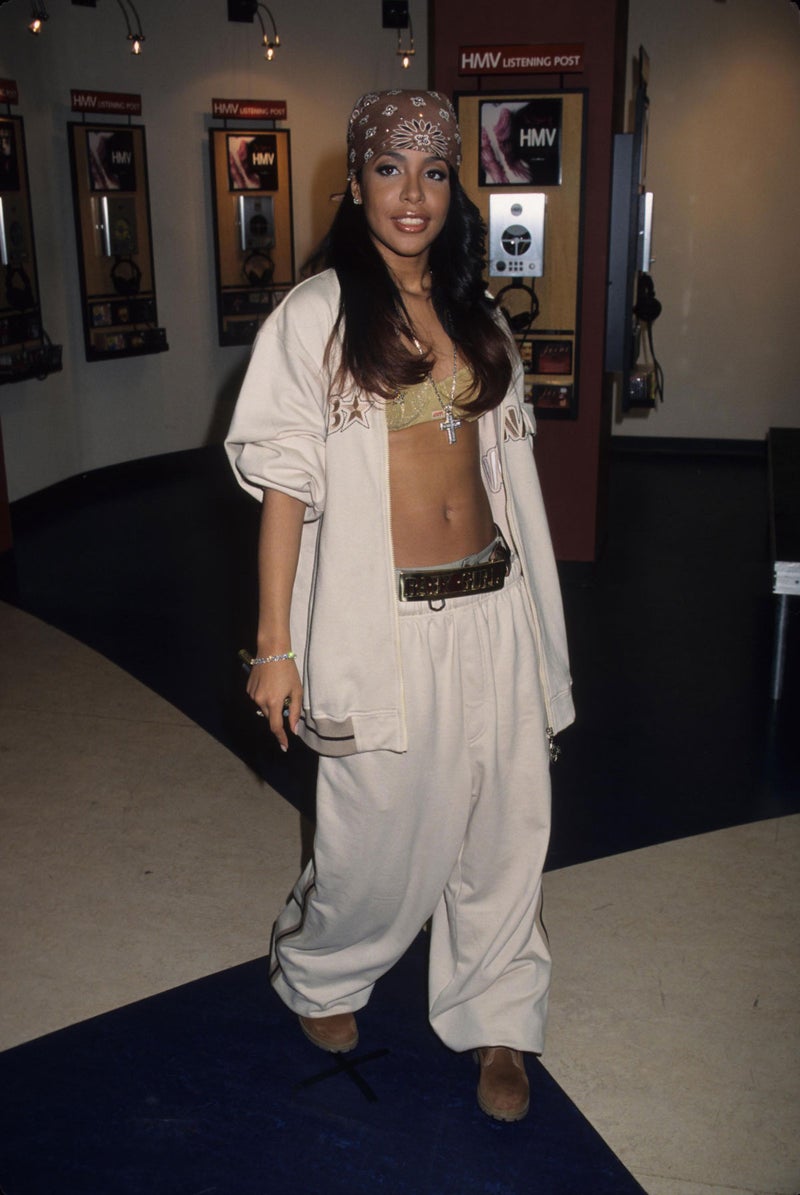
The 2000s witnessed a vibrant and dynamic evolution in fashion, particularly for Black women. This era saw a confluence of influences, from the burgeoning hip-hop culture to the rise of pop icons, resulting in a distinctive style that celebrated individuality, cultural heritage, and unapologetic self-expression. This period marked a pivotal moment in fashion history, where Black women actively shaped trends and redefined beauty standards.
A Fusion of Influences:
The 2000s fashion landscape for Black women was a tapestry woven from diverse threads. Hip-hop culture, with its emphasis on streetwear and bold accessories, played a significant role. Think baggy jeans, oversized jerseys, and iconic sneakers like Air Jordans and Timberlands. These garments were not just clothing; they were statements of identity and belonging, reflecting the cultural power of the genre.
The rise of pop stars like Beyoncé, Rihanna, and Lil’ Kim further fueled the trend towards glamorous and provocative styles. Their influence can be seen in the embrace of body-hugging silhouettes, shimmering fabrics, and daring cuts. This trend emphasized femininity and sensuality, challenging traditional notions of beauty and empowering Black women to express their confidence through fashion.
The Power of Individuality:
Beyond specific trends, the 2000s saw Black women embracing individuality and asserting their own personal style. This meant mixing and matching different elements, creating unique looks that reflected their diverse identities and interests. The era witnessed a surge in the popularity of boutiques and designers catering specifically to Black women, offering a wider range of options that celebrated their unique beauty and cultural nuances.
Beyond the Runway: The Impact of Streetwear:
Streetwear, with its roots in urban culture, played a pivotal role in shaping the 2000s fashion landscape for Black women. This style, characterized by its focus on comfort, functionality, and a sense of rebellion, resonated deeply with the generation. It allowed for self-expression and creativity, blurring the lines between high fashion and everyday wear.
Brands like Sean John, Rocawear, and Phat Farm emerged as pioneers in this movement, offering clothing that reflected the aspirations and aesthetic preferences of Black youth. This shift towards streetwear also created opportunities for emerging Black designers to showcase their talents and gain recognition.
Cultural Significance and Empowerment:
The 2000s fashion movement for Black women was not just about clothes; it was about reclaiming narratives and challenging societal norms. By embracing their cultural heritage and expressing themselves through fashion, Black women asserted their individuality and challenged the limited representation they often faced in mainstream media.
This period saw a rise in awareness and appreciation for African-inspired prints, hairstyles, and accessories. The popularity of brands like FUBU (For Us By Us) and the emergence of designers like Tracy Reese and Duro Olowu demonstrated a growing demand for clothing that celebrated Black culture and heritage.
FAQs:
Q: What were some of the key trends in 2000s fashion for Black women?
A: Key trends included the embrace of hip-hop culture, with its emphasis on streetwear, oversized silhouettes, and sneakers. Glamorous and provocative styles inspired by pop icons like Beyoncé and Rihanna also gained popularity, featuring body-hugging silhouettes, shimmering fabrics, and daring cuts.
Q: How did 2000s fashion empower Black women?
A: By embracing their cultural heritage and expressing themselves through fashion, Black women asserted their individuality and challenged limited representation in mainstream media. They reclaimed narratives and redefined beauty standards, showcasing their diversity and unique style.
Q: What role did streetwear play in 2000s fashion for Black women?
A: Streetwear, with its roots in urban culture, resonated deeply with the generation, offering comfort, functionality, and a sense of rebellion. It allowed for self-expression and creativity, blurring the lines between high fashion and everyday wear.
Q: How did the fashion industry respond to the growing influence of Black women?
A: The industry witnessed a rise in boutiques and designers catering specifically to Black women, offering a wider range of options that celebrated their unique beauty and cultural nuances. This led to increased representation and recognition of Black designers and models.
Tips:
1. Embrace your heritage: Incorporate African-inspired prints, hairstyles, and accessories into your wardrobe to celebrate your cultural heritage and express your individuality.
2. Experiment with silhouettes: Don’t be afraid to play with different shapes and sizes. Embrace the oversized silhouettes of streetwear or the body-hugging styles inspired by pop icons.
3. Accessorize with confidence: Bold accessories, like statement jewelry, headbands, and handbags, can elevate any outfit and add a touch of personal flair.
4. Stay true to yourself: Ultimately, the most important aspect of fashion is to express your own unique style and personality. Don’t be afraid to mix and match different trends and create looks that make you feel confident and empowered.
Conclusion:
The 2000s fashion movement for Black women was a significant cultural moment, marking a period of self-expression, cultural celebration, and empowerment. It challenged traditional notions of beauty and fashion, paving the way for greater diversity and representation in the industry. This era serves as a reminder of the power of fashion to reflect and shape cultural identities, showcasing the strength and creativity of Black women in shaping their own narratives.
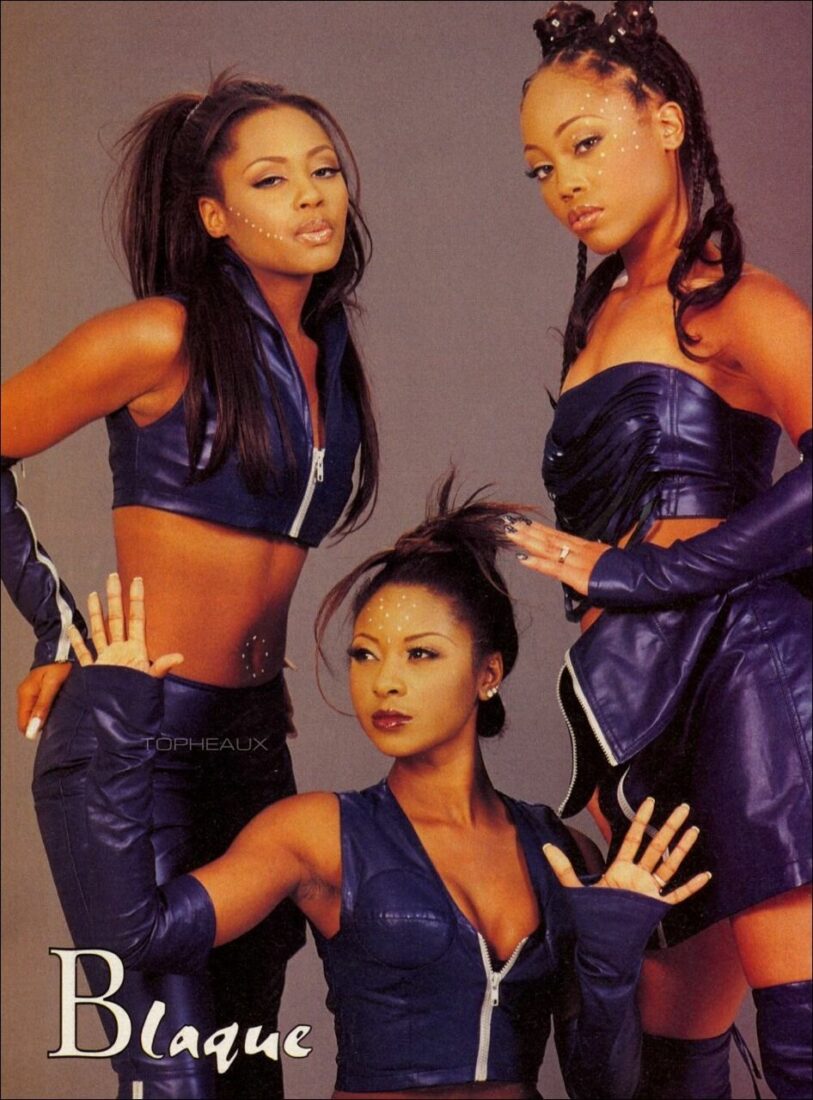
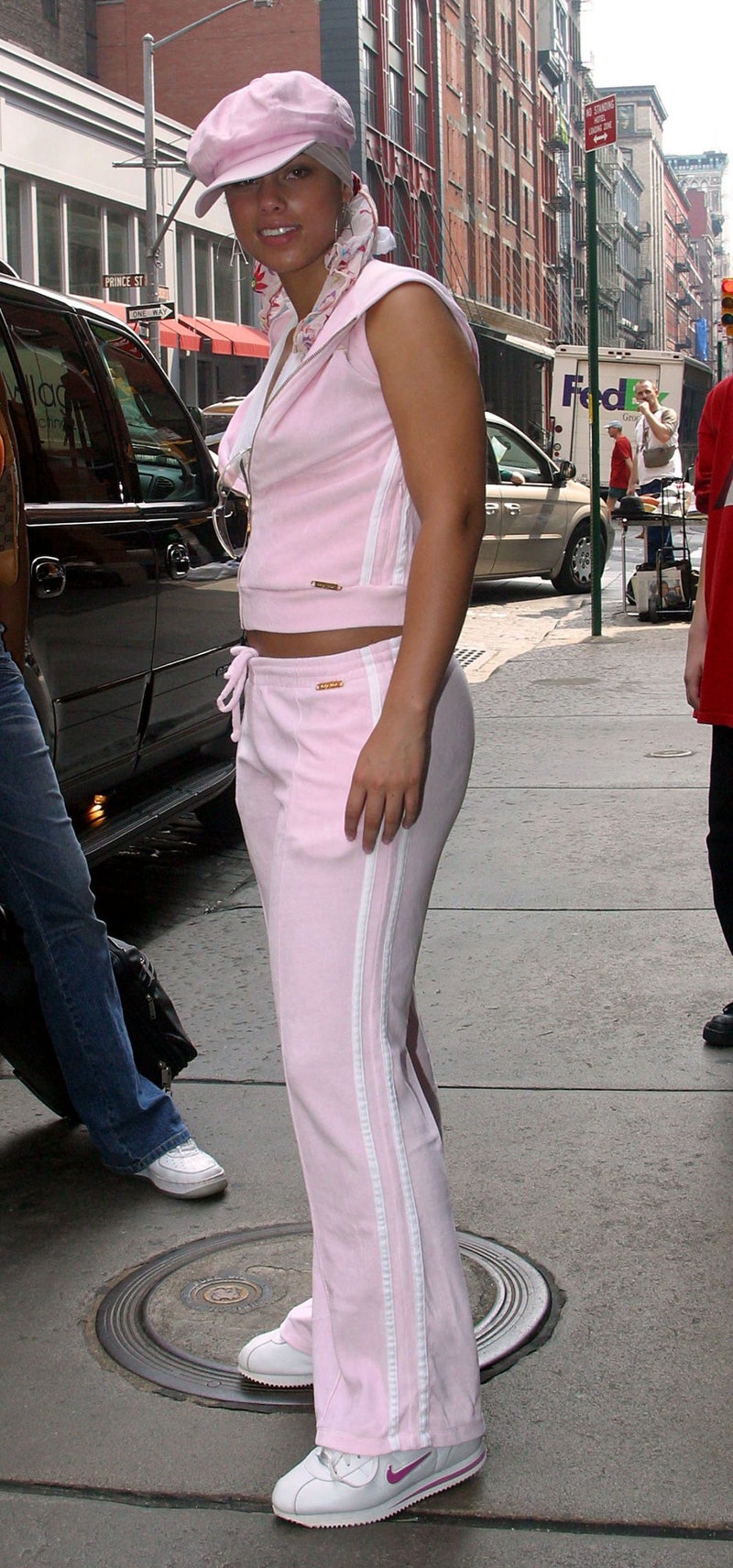
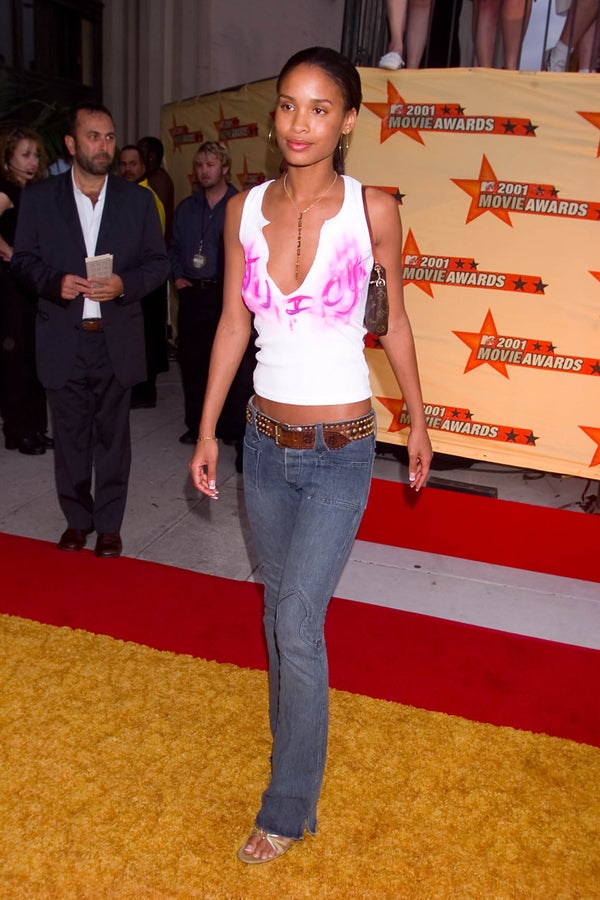
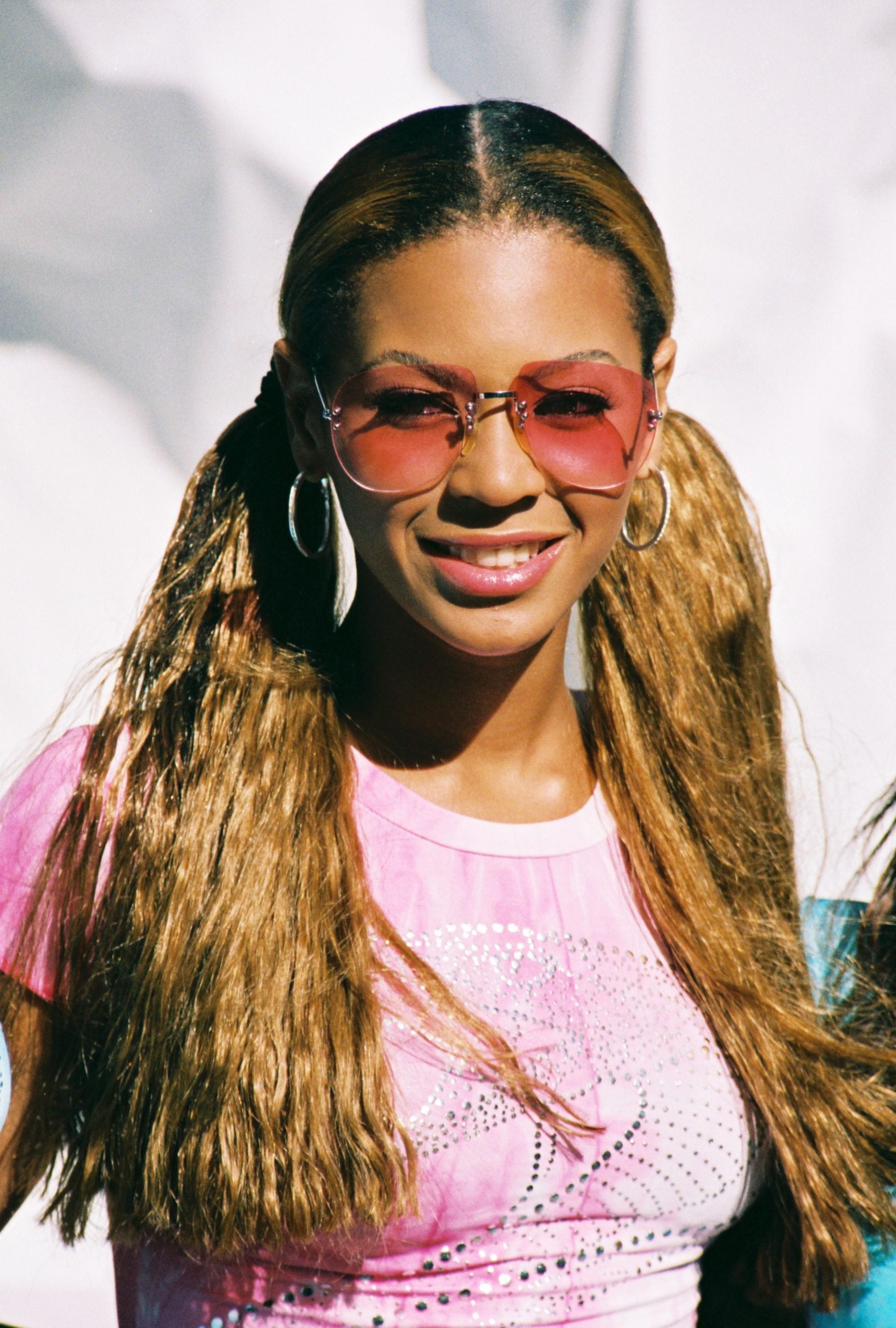
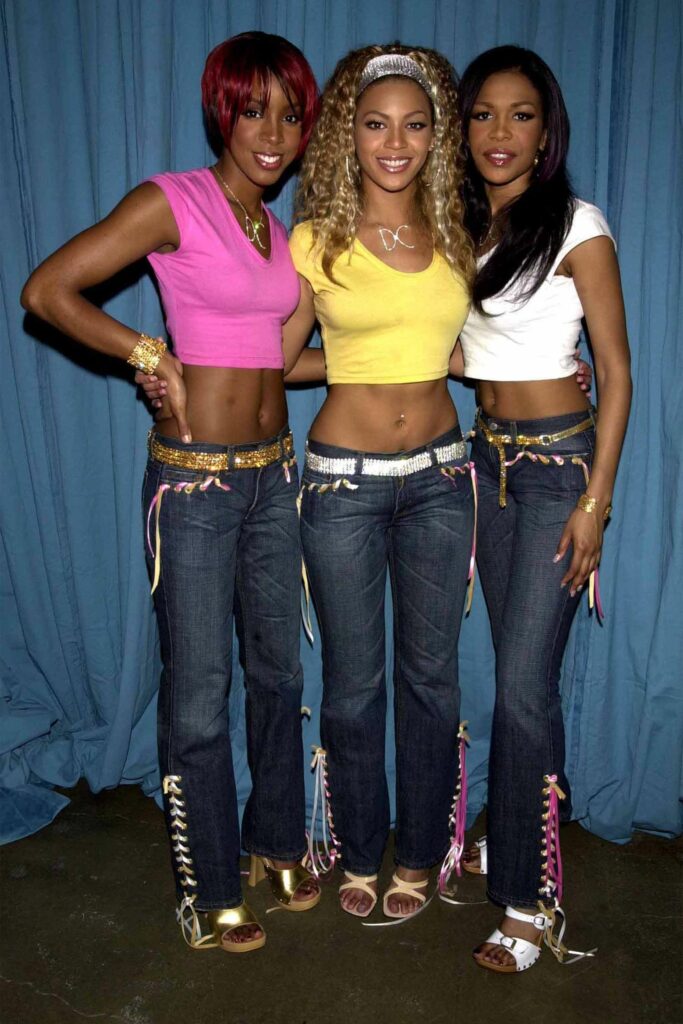

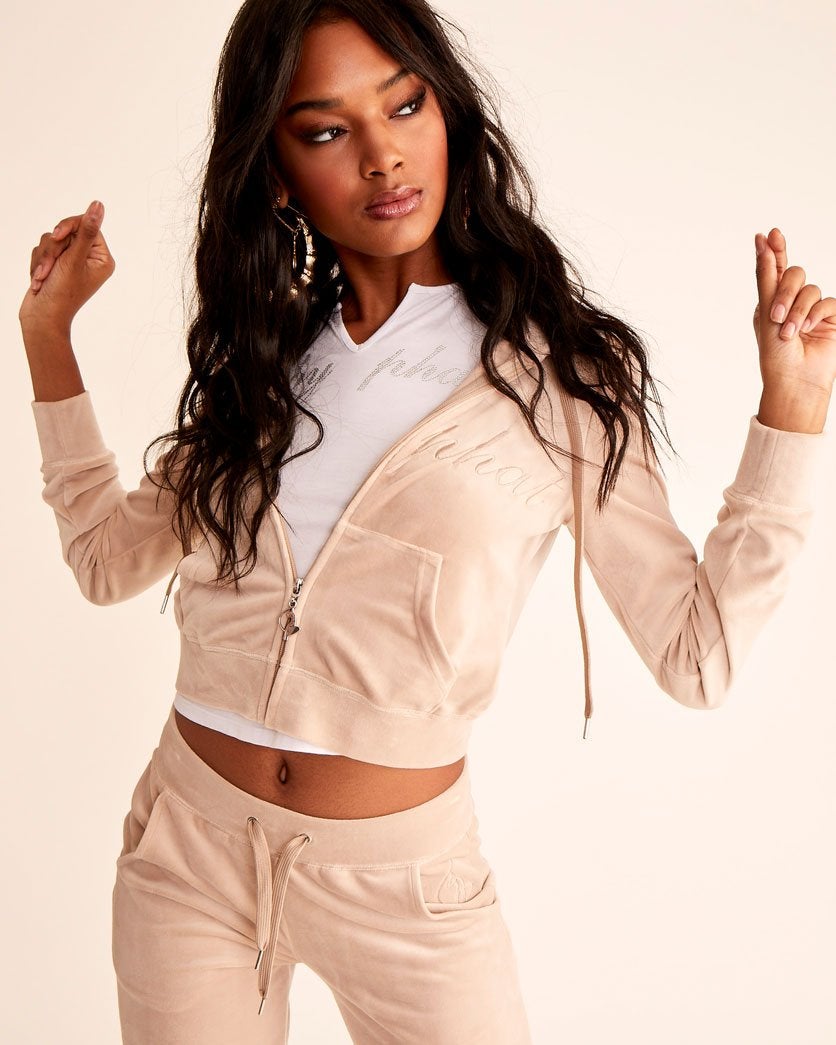

Closure
Thus, we hope this article has provided valuable insights into A Cultural Tapestry: Black Women’s Fashion in the 2000s. We appreciate your attention to our article. See you in our next article!